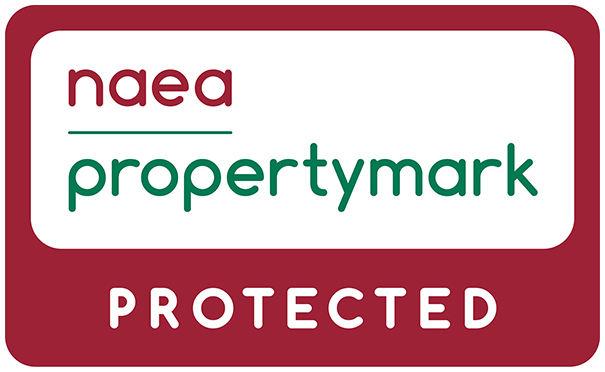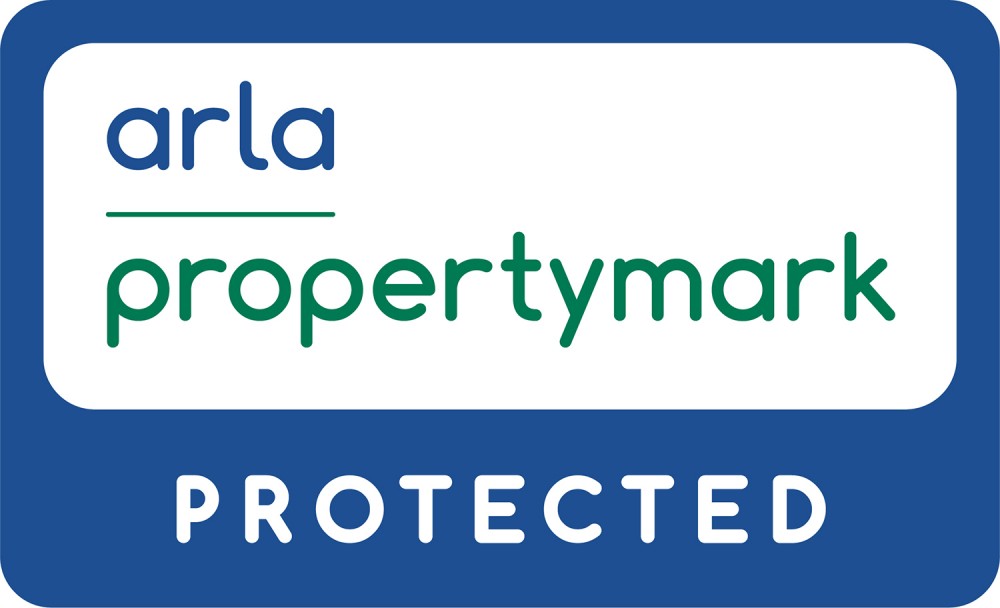The government has launched a consultation on plans to reduce how much it spends on Business Rates Relief, specifically the Empty Property Relief (EPR).
EPR provides financial support to landlords with vacant properties, currently to the tune of over £1 billion. This includes relief following the vacation of a property for three months (or six months for industrial properties). The property cannot then benefit from a further period of EPR until it is occupied for a minimum six week ‘reset period’ before becoming vacant again. Relief is also given where the property is a listed building and where the property has a rateable value under £2,900.
While it accepts EPR provides important support to landlords with vacant properties, the government wants to reduce the cost of providing it.
Under the plans being consulted on, the required duration of occupation during the ‘reset period’ will increase from six weeks currently to three or six months. A limit on the number of times EPR could be claimed in any given time period will also be introduced. Further conditions to the meaning of occupation will be added and the current EPR will be replaced with local discretionary schemes.
Launching the consultation, ministers Lee Rowley and Victoria Atkins said: “The vast majority of those who engage with the business rates system do so honestly and transparently.
“Ratepayers pay the taxes that are due and enjoy the benefits of the reliefs and exemptions to which they are entitled.
“But there is also a small minority who seek to exploit the business rates system, either through false reporting, or through contrived means which circumvent the spirit and intention of the law. The former is evasion, the latter, avoidance.
“These practices unfairly shift the burden of business rates onto the honest majority, and result in loss of revenue which should be used for vital public services.”
Sheldon Bosley Knight’s director Mark Treadwell said: “Many occupying businesses struggle with the additional business rates taxation on their business. In particular the town centres and high streets across our region are suffering due to a change in consumer habits.
“Anything that can be done to help invigorate the town centres, reduce vacancy and mitigate the cost of operating a business would be welcome.
“There are plenty of reasons why commercial units become or stay vacant and it is in everyone’s interests to ensure void periods are kept to a minimum.
“However, any proposals need to ensure help is there for those who need it, when they need it.”
The consultation can be accessed here and runs until 11am, September 28, 2023.




